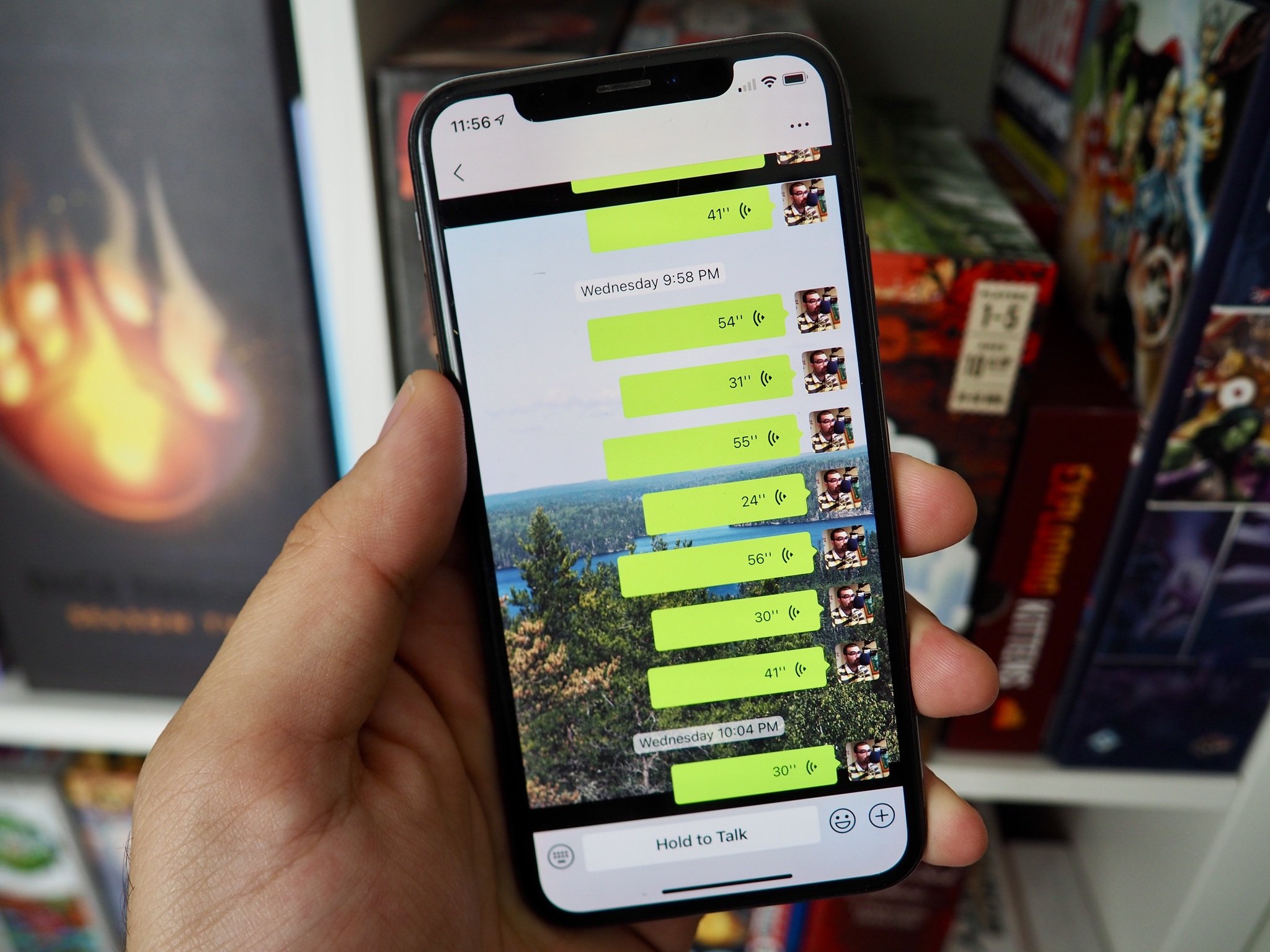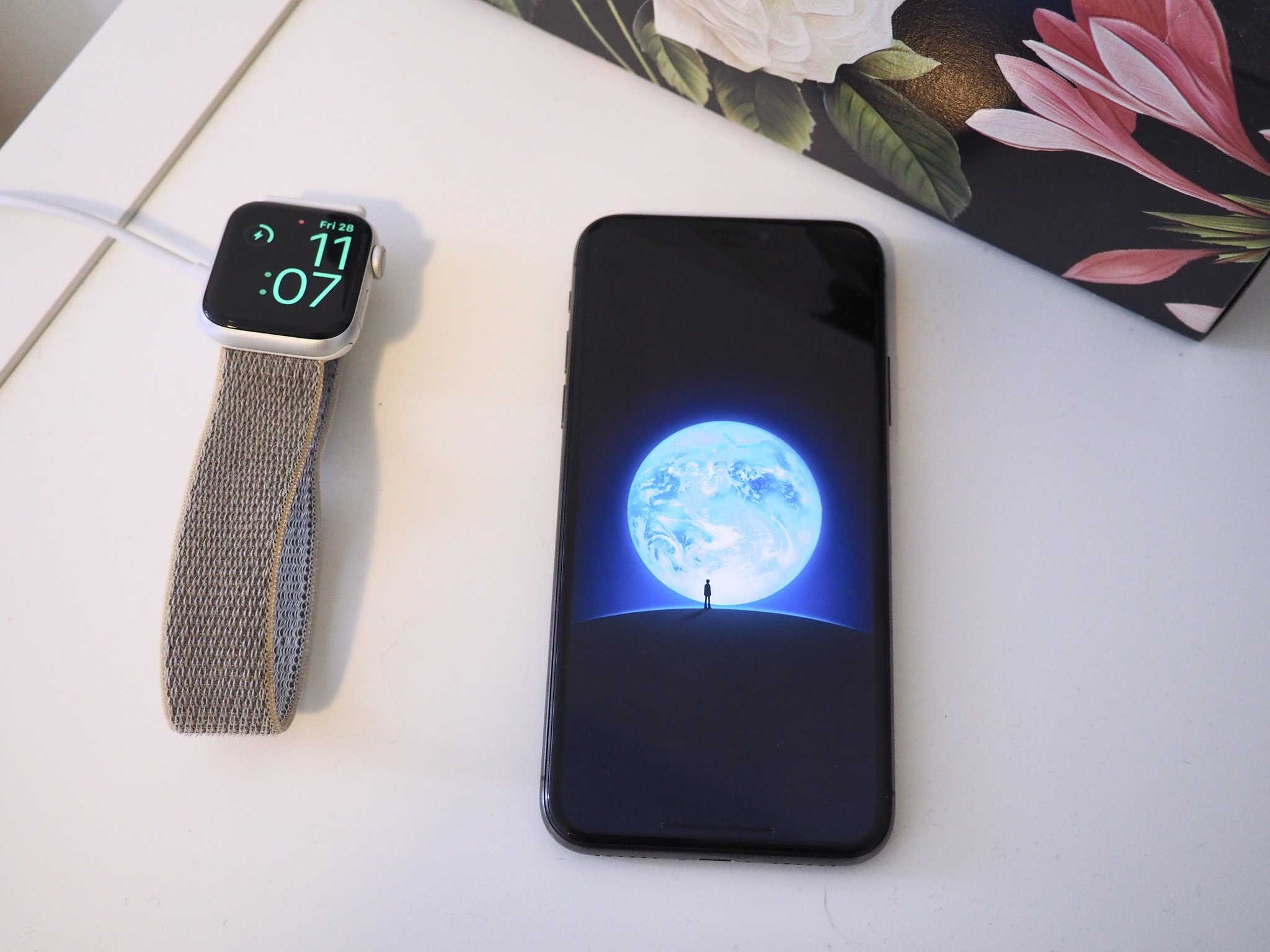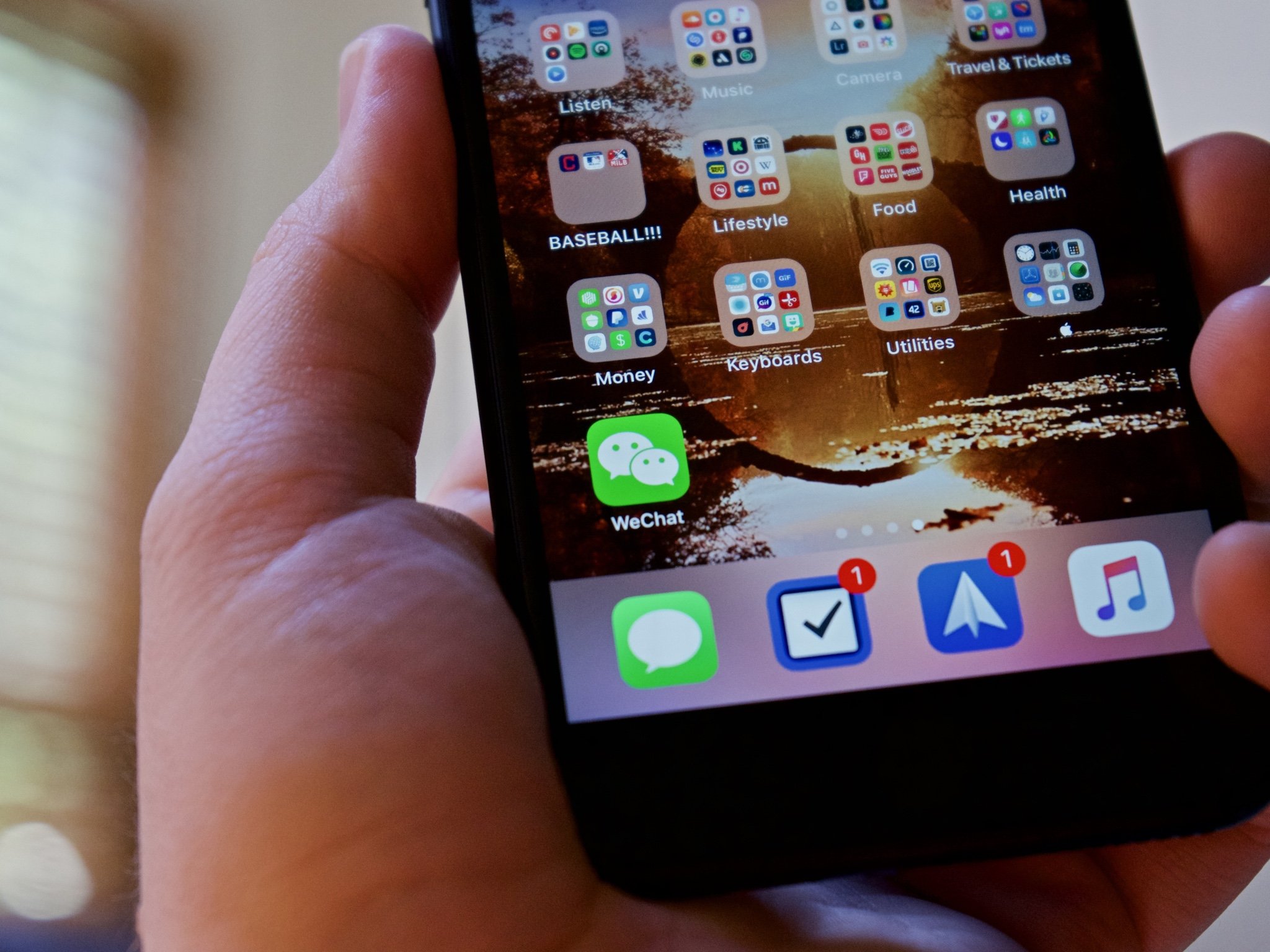WeChat is one of the only ways to communicate with family and loved ones who live in China — now there's plans on taking that away

After lots of lip service from the Trump administration about potentially banning TikTok and WeChat, Trump finally signed executive orders to stop the apps from being used in the U.S. Regardless of what you think of this decision, there's a real human impact to these executives order that can't be ignored.
As a Canadian, you may think I don't have a horse in this race, but as an avid user of WeChat, I'm very concerned with the scope and potential global effects of the WeChat ban. There's a possibility that it can affect me, but even if it doesn't, there's plenty of reasons these bans are upsetting, with the primary reason being how important WeChat can be to people who have family and friends in China.
People use WeChat to communicate with loved ones

You may think of WeChat as a messaging app, but for people who live in China, it's so much more than that. China bans lots of the internet, people in the country can't use apps like Facebook, WhatsApp, Twitter, and many more apps we're so accustomed to using every day here in North America. Because of this, WeChat as evolved into a super app in China that not only allows you to message your friends and family, but allows you to do your banking, incorporating social media elements, make phone and video calls, and more. Basically, WeChat is the one app that everyone in China has on their phone — out of necessity.
You may not use WeChat, but a ton of families who have immigrated here from China use it every day to communicate with loved ones back home. Heck, I use WeChat on the regular because I have very close friends that live in China, and it's the only way I can communicate with them. While I have hundreds of messaging apps available to me, they pretty much have just the one.
Cutting off people from communicating with loved ones in China hurts people. Communication is such an essential part of our human connection, and these bans haven't taken into account the social impact this will have.
Issues with WeChat exist

I'm not going to pretend there aren't reasons to be cautious or even concerned with WeChat and their parent company, Tencent. It can potentially be hard to stomach the data collection techniques WeChat employs on users or even how much WeChat will censor information in China.
If you choose not to use WeChat, I don't blame you at all. In fact, it's my opinion that all messaging and social media apps, regardless of which country they originate from, need more scrutiny.
iMore offers spot-on advice and guidance from our team of experts, with decades of Apple device experience to lean on. Learn more with iMore!
The fact is people in China don't have a choice right now, which means if you have loved ones in China, you don't have a choice but to lose your ability to communicate with them in the coming weeks.
What's the solution?
There likely isn't a silver bullet solution to these issues, but an outright ban hurts people. If this executive order is really about privacy and security issues, then write new laws that target specific practices we've deemed unacceptable. Banning is a bandaid solution at best and doesn't address any of the actual issues we have with WeChat and apps like it.
Now, if this executive order is actually business based, maybe think of a way that won't kill the iPhone in China, an emerging market that Apple (an American company) relies on to do its business.

Luke Filipowicz has been a writer at iMore, covering Apple for nearly a decade now. He writes a lot about Apple Watch and iPad but covers the iPhone and Mac as well. He often describes himself as an "Apple user on a budget" and firmly believes that great technology can be affordable if you know where to look. Luke also heads up the iMore Show — a weekly podcast focusing on Apple news, rumors, and products but likes to have some fun along the way.
Luke knows he spends more time on Twitter than he probably should, so feel free to follow him or give him a shout on social media @LukeFilipowicz.
